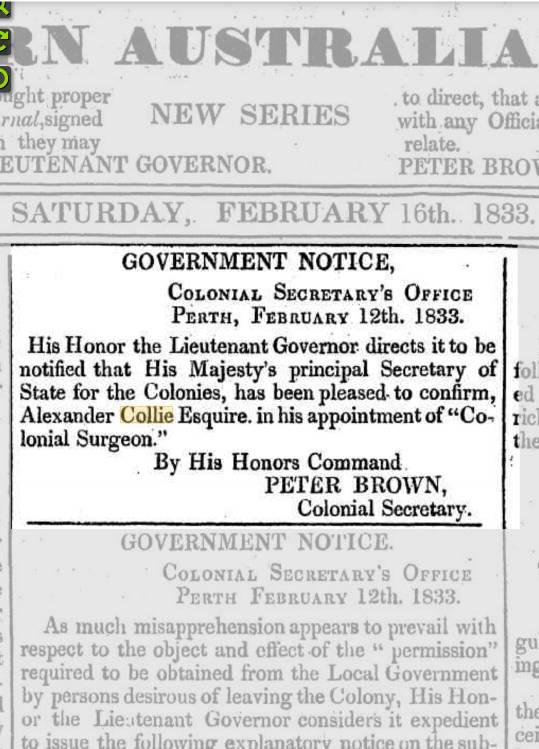During July and August 1833 a number of letters were published in the Perth Gazette and Western Australian Journal by a writers or writers under the pseudonym "Philaleth" (friend of truth).
This thread is about finding out who actually wrote those letters. There are tantalising clues buried in the contents of each of the published letters.
These are the letters that I have discovered so far.
https://trove.nla.gov.au/newspaper/result?l-publictag=Philaleth+(friend+of+truth)+pseudonym&q=
Sent from my HTC 2PQ910 using Tapatalk
This thread is about finding out who actually wrote those letters. There are tantalising clues buried in the contents of each of the published letters.
These are the letters that I have discovered so far.
https://trove.nla.gov.au/newspaper/result?l-publictag=Philaleth+(friend+of+truth)+pseudonym&q=
Sent from my HTC 2PQ910 using Tapatalk
Last edited:





